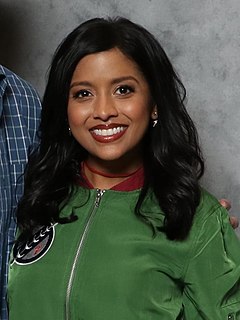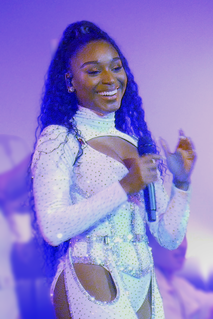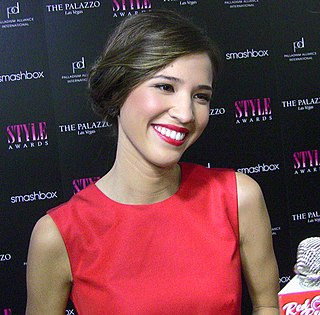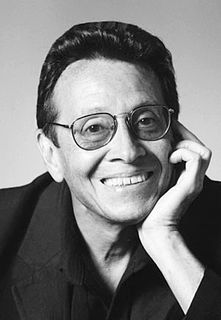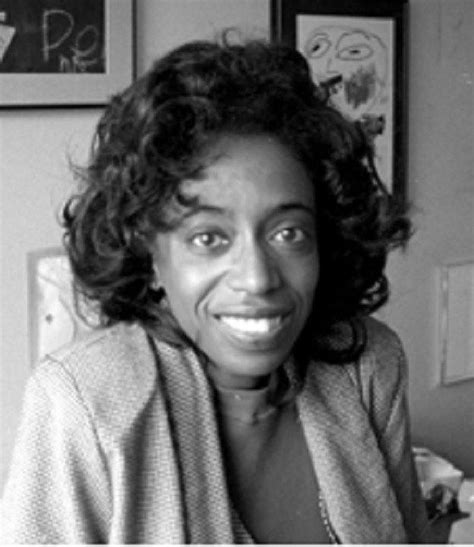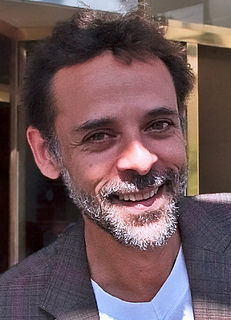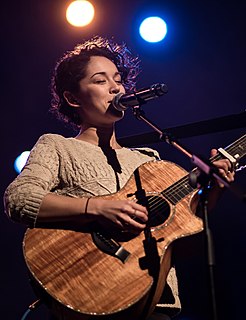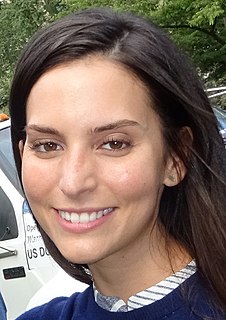A Quote by Meghan Markle
Being 'ethnically ambiguous', as I was pegged in the industry, meant I could audition for virtually any role. Morphing from Latina when I was dressed in red, to African American when in mustard yellow, my closet filled with fashionable frocks to make me look as racially varied as an Eighties Benetton poster.
Related Quotes
There couldn't possibly be a more label-driven industry than acting, seeing as every audition comes with a character breakdown: 'Beautiful, sassy, Latina, 20s'; 'African American, urban, pretty, early 30s'; 'Caucasian, blonde, modern girl next door'. Every role has a label; every casting is for something specific.
Why aren't there films being made that tell ethnically diverse stories? Or why is it so impossible to allow a person of color to add their texture and their essence to a role that is not ethnically specific? I don't know why it's a novel or risky idea to consider making a film look like how our world actually looks today.
Any photographer worth his/her salt - that is, any photographer of professional caliber, in control of the craft, regardless of imagistic bent - can make virtually anything look good. Which means, of course, that she or he can make virtually anything look bad - or look just about any way at all. After all, that is the real work of photography: making things look, deciding how a thing is to appear in the image.
When you graduate is when you start to find yourself looking at the information in the audition breakdown and it says tall black African - or African-American built such and such. And you start seeing these character descriptions and seeing that, oh, you're only going in for the ones that are described as your look.


